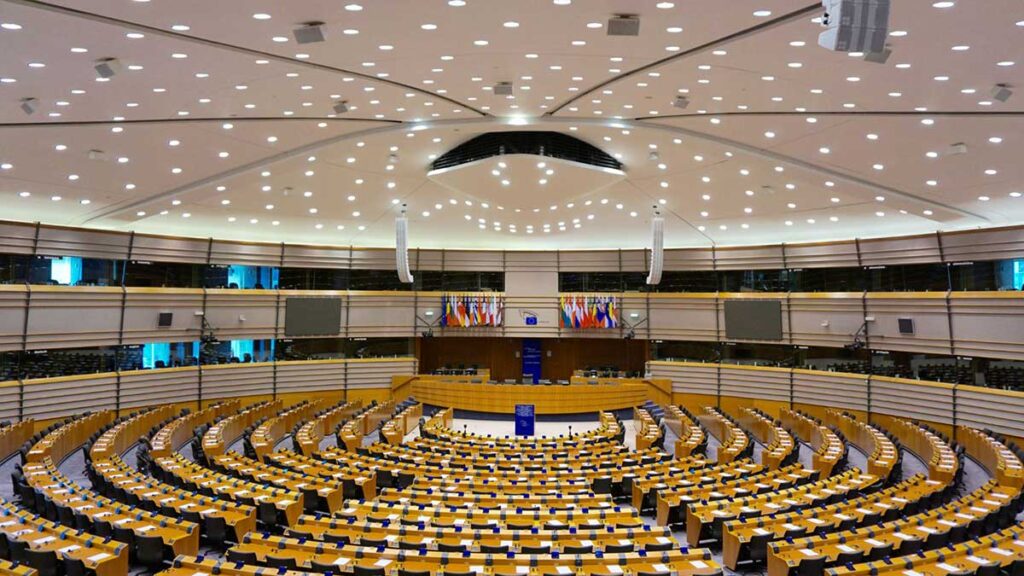Eventually, an agreement was reached between the Council and the European Parliament on the provisional terms of the CSDDD. The EU directive is intended to improve labor conditions along corporate value chains by imposing responsibilities on companies concerning current and potential negative effects on human rights. This time, the EU provides corporate regulations addressing social sustainability. Additionally, it aims to limit environmental impacts and advance international climate protection goals. Therefore, the directive will be a holistic approach, acknowledging that sustainability is interdisciplinary and that social and environmental welfare are interlinked. The obligations defined in the CSDD directive apply to the companies’ own operations, those of their subsidiaries, as well as their supplier and business partners.
What does CSDDD stand for?
CSR, CSRD, and now CSDDD: So many abbreviations in the context of sustainability have appeared over the last years. Sometimes referred to as the “European Supply Chain Act”, CSDDD stands for “Corporate Sustainability Due Diligence Directive”. Common abbreviations are “CSDDD”, “CSDD directive” or “CS3D”.
The elaboration process was going on for a long time, causing uncertainties among companies and board members. Not knowing what concrete criteria the EU directive will contain and who will be affected made it difficult to plan and prepare for the future. Now, there are finally concrete resolutions to work with. However, the final text of the CSDDD proposal still has to be formally adopted by the institutions. Here are the most important facts.
CSDDD scope
Who
- European companies with more than 500 employees and a minimum turnover of 150 million € will be subject to the CSDDD.
- Companies with more than 250 employees and a net turnover of more than EUR 40 million will be obligated to meet the requirements if they generate at least EUR 20 million in a high-risk sector. These include:
- Manufacturing or wholesale of textile or footwear
- Manufacturing or wholesale of food
- Agriculture, forestry and fishing
- The extraction and wholesale of mineral resources
- Non-EU companies are obliged to comply if they generate a net turnover of more than EUR 300 million in the EU three years after the CSDDD comes into force.
- The financial sector is excluded from the scope for now. However, there will be a review clause for a possible inclusion of the sector in the future.
What
Companies will have to meet social as well as environmental requirements.
- Companies need to identify actual or potential negative impacts on human rights and the environment. Subsequently, to prevent or mitigate these impacts, companies have to elaborate and implement measures which have to be monitored in terms of their effectiveness.
- It is obligatory to incorporate due diligence into the company's policies and management systems. Transparent information regarding the company's adherence to due diligence responsibilities has to be made publicly available.
- In order to achieve the goals of the Paris agreement, companies have to elaborate a plan for their business model and strategy to be compatible with the Paris agreement. Read more about climate transition plans here.
- As part of the due diligence process, the directive demands a meaningful engagement of stakeholders.
Consequences of violations
First, penalties will come into force for companies that fall into the CSDDD scope and do not meet the requirements. Fines can make up to 5% of the global net turnover. Second, a civil liability regime can be applied. Affected individuals or parties (including trade unions and NGOs), who have suffered from damage caused by a company’s failure to adhere to proper due diligence procedures, can assert claims for damages in court within five years.
Upstream as well as partially downstream business partners are included and have to meet the criteria. If they cannot fulfill the requirements and impacts cannot be avoided, contracts and cooperations must be ended.
CSRD vs CSDDD
The CSDDD is easily confused with the CSRD and ESRS. The so-called “Corporate Sustainability Reporting Directive” determines obligations in the matter of sustainability reporting by setting the “European sustainability reporting standards”, while the CSDDD addresses corporate processes and activities in the value chains. However, they are closely connected as they are both part of the EU Green Deal, which aims to enhance eco-friendly business development and contribute to a sustainable economic system. The CSRD demands companies to establish processes for the collection of information in order to create legitimate reports. This responsibility is linked to the due diligence obligation outlined in the CSDD directive, which aims to identify adverse impacts. Furthermore, the consultation of stakeholders and a constructive dialogue with affected parties are equally mentioned in both, the CSRD and CSDDD.
Sources:




